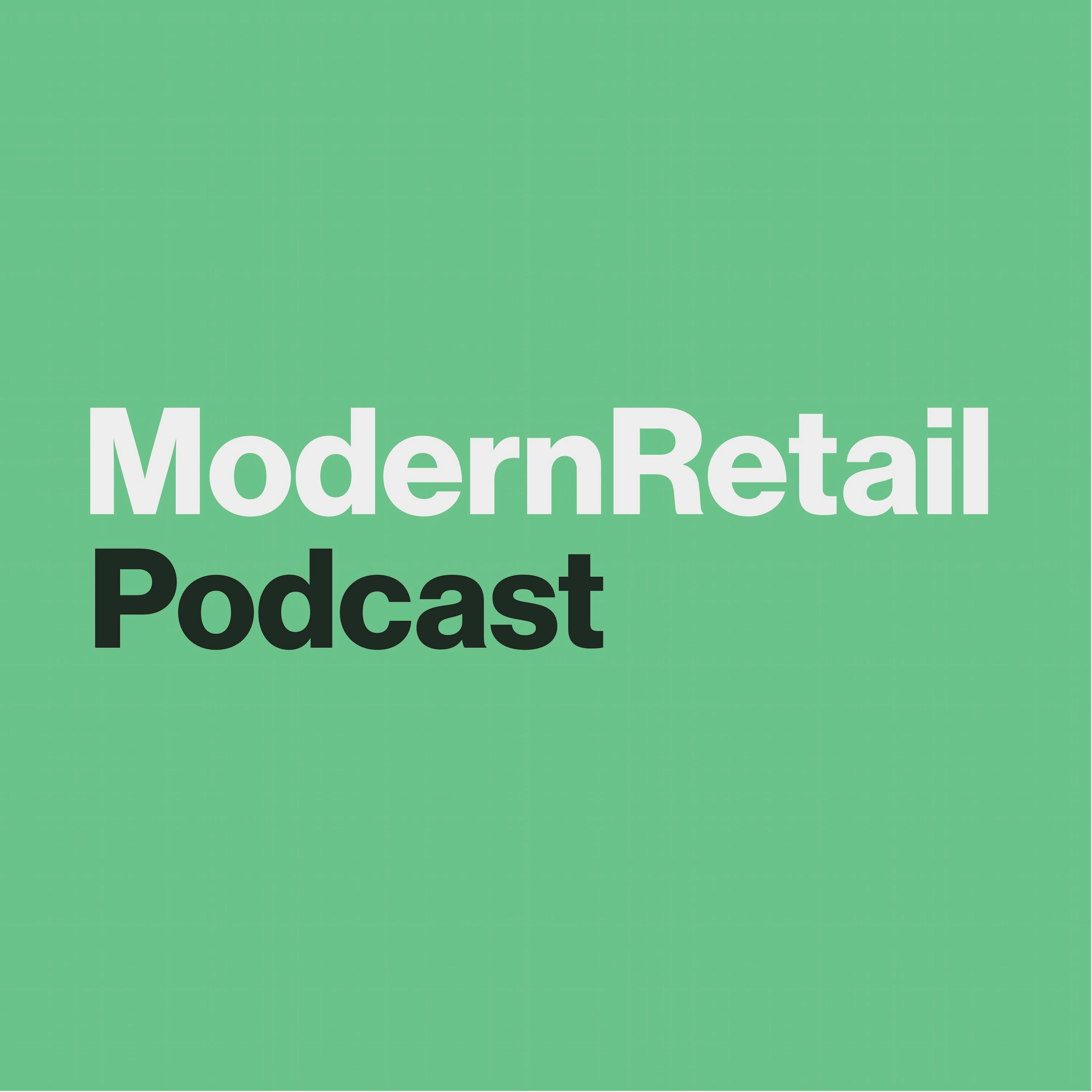We can't find the internet
Attempting to reconnect
Something went wrong!
Attempting to reconnect
‘We’re not entering 20 new categories’: Magic Spoon’s Gabi Lewis on building a modern cereal brand

Access AI content by logging in
Gabi Lewis thinks the cereal world is ready for an upgrade.
That’s why a few years after he sold his first company, a cricket protein startup, he co-founded Magic Spoon. The brand, which first launched in 2019, is sold entirely online and offers a variety of different protein-filled cereals for around $10 a box. The idea with Magic Spoon, said Lewis, was to “take cereal through the innovation that we’ve seen in categories like ice cream or candy -- where brands have come in and they have just flipped the protein and sugar on their heads.”
Lewis joined the Modern Retail Podcast and spoke about how he built the Magic Spoon brand, as well as where he sees it going from here.
The one thing Lewis is intent about is Magic Spoon’s focus on cereal. “We’re not entering 20 new categories,” he said, “we’re not going into 30,000 retail stores.” Instead, the company has just focused on just offering its cereal, which currently comes in eight flavors -- including ‘cookies and cream,’ ‘maple waffle’ and ‘fruity’ -- as well as limited edition products that get released every few months.
The idea was to create a standalone brand for health nuts who want a healthy breakfast that’s reminiscent of their childhood.
According to Lewis, growth has been steady for the last two years. And demand grew even more during 2020. Like many other online grocery-adjacent brands, Magic Spoon saw an explosion of demand during the early days of the pandemic. “We did see a massive increase in demand across the board,” he said, “I think just because there was an increased desire to purchase food online period.” He added that “obviously some of that is continued [and] some of it hasn’t.”
Despite industry fluctuations, Magic Spoon has tried to find new ways to discover customers. Rather than focus predominately on Facebook and Google, the company has built out a robust network of influencers who have evangelized the brand since the beginning. Similarly, Lewis has been testing out other new advertising channels like podcasts and television.
All of this, according to Lewis, has helped prepare Magic Spoon to continue its steady growth. He is insistent that, despite the look and feel of the product, Magic Spoon is not out there to totally eat General Mills’ lunch.
And that, he maintains, is its ultimate competitive difference. “We’re not cereal,” he said. “We are protein powder in the shape of cereal.”
